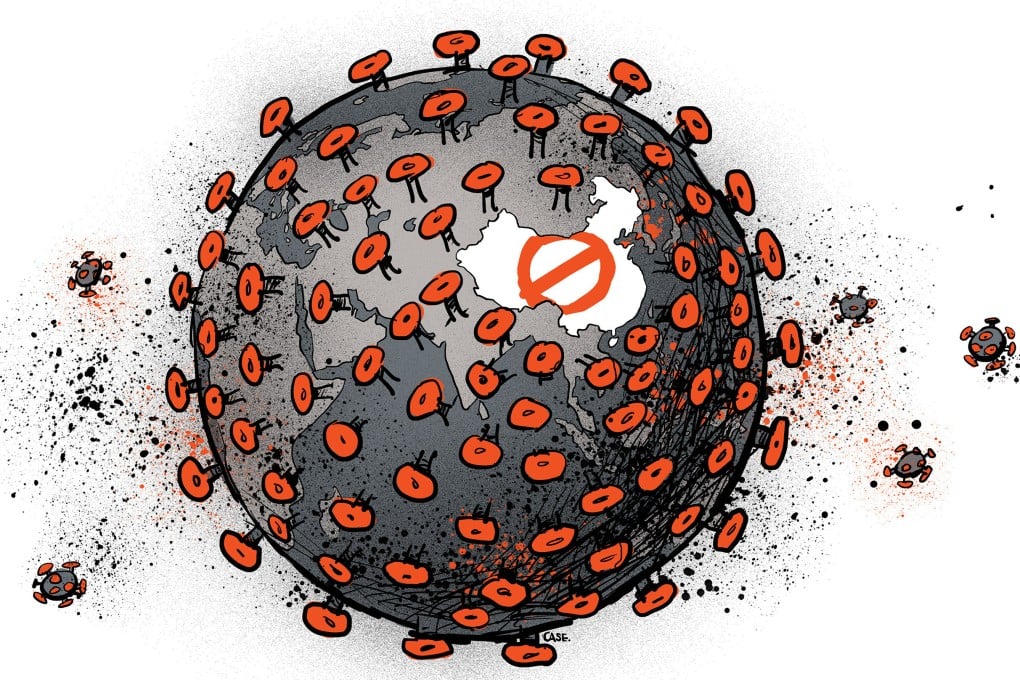Opinion | Why China is right to stick to its zero-Covid strategy, amid the Delta variant surge
- With a different approach, it might be almost impossible to keep the caseload from overwhelming China’s medical system
- Case numbers are rising rapidly elsewhere, even in populations with high vaccination rates, and such a scenario would just be too costly for China

A new wave of Covid-19 cases is threatening lives in every corner of the world, including China, a country largely immune to previous waves of the pandemic.
However, according to studies, vaccines available at the moment might be less than 80 per cent effective against the variant. Therefore, even if everyone is vaccinated, Delta may continue to wreak havoc.
This year, the number of new Covid-19 cases and deaths have reached new heights worldwide, far exceeding those for last year.
Comparing the numbers for the past four weeks with those for the same period last year in countries and regions with higher vaccination rates (including the United Arab Emirates, Chile, Israel, Britain, Europe and the United States), only Chile had lower case and death numbers this year.
In contrast, Britain and Europe saw numbers soar this year. Clearly, vaccines do not necessarily provide a perfect shield.

